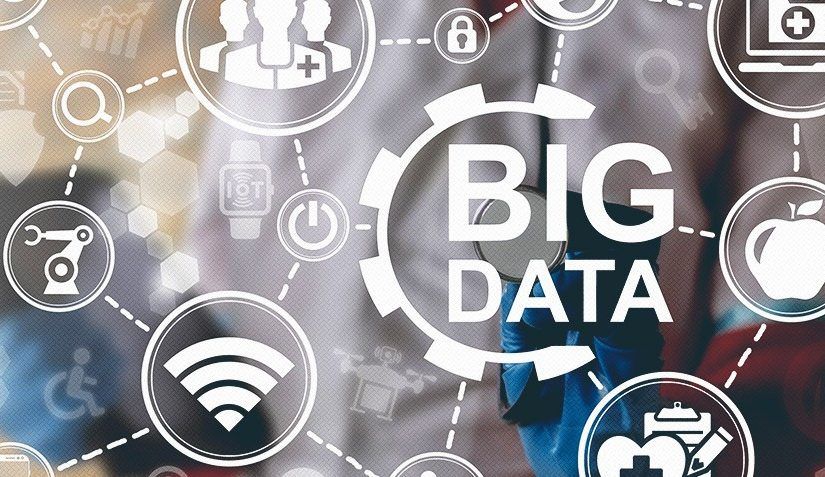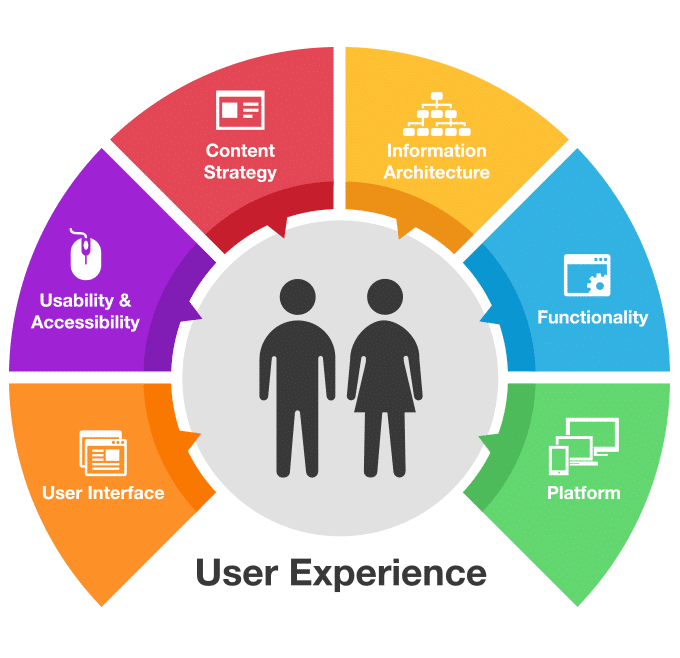In today’s digital landscape, personalized user experiences have become a key differentiator for businesses seeking to engage and retain customers. One of the critical factors enabling this customization is the abundance of big data. Big data refers to the massive volume of structured and unstructured data generated from various sources. By effectively harnessing and analyzing this data, businesses can gain valuable insights that drive personalized user experiences. In this blog post, we will explore the significant role that big data plays in creating personalized user experiences and the benefits it offers to both businesses and users.
- Understanding User Behavior and Preferences : Big data allows businesses to delve into extensive data sets to understand user behavior and preferences better. By collecting and analyzing data from various touchpoints, such as websites, mobile apps, social media platforms, and customer interactions, businesses can gain insights into how users engage with their products or services. These insights help identify patterns, preferences, and trends, enabling businesses to tailor experiences based on individual user needs.
- Personalized Recommendations : One of the most tangible benefits of big data in personalized user experiences is the ability to provide tailored recommendations. With a deep understanding of user preferences and behaviors, businesses can leverage recommendation engines powered by big data analytics. These engines use algorithms to suggest relevant products, services, or content to users based on their past interactions or similar user profiles. Such personalized recommendations not only enhance user engagement but also improve conversion rates and drive customer satisfaction.
- Targeted Marketing and Segmentation : Big data allows businesses to segment their user base more effectively. By analyzing demographic data, purchase history, browsing patterns, and other relevant information, businesses can categorize users into distinct groups with similar characteristics. This segmentation enables more targeted marketing campaigns and customized messaging. By delivering personalized content and offers to specific segments, businesses can increase user engagement and conversion rates.
- Real-time Personalization : With big data analytics, businesses can provide real-time personalization by dynamically adapting content, promotions, or user interfaces based on user behaviors and preferences. By continuously monitoring and analyzing data in real-time, businesses can deliver highly relevant and timely information, ensuring users receive a personalized experience. This dynamic content delivery fosters user engagement and creates a sense of individual attention, ultimately enhancing the overall user experience.
- Predictive Analytics : Big data enables predictive analytics, which helps businesses anticipate user needs and preferences. By analyzing historical data, businesses can build models and algorithms that predict user behavior and preferences with a high degree of accuracy. These predictions allow businesses to proactively deliver personalized experiences, even before users explicitly express their requirements. Predictive analytics facilitates proactive decision-making and empowers businesses to meet user needs efficiently.
- Continuous Improvement : Big data provides a feedback loop for businesses to continuously improve the user experience. By collecting user feedback, sentiments, and interactions, businesses gain valuable insights into user satisfaction, pain points, and areas of improvement. Analyzing this data helps identify opportunities for enhancing the user journey, optimizing interfaces, and tailoring experiences to specific user segments. This iterative improvement process ensures that the user experience remains relevant, engaging, and personalized over time.
Big data has revolutionized the way businesses create personalized user experiences. By harnessing the power of data analytics, businesses can gain deep insights into user behavior, preferences, and needs. This understanding allows for personalized recommendations, targeted marketing, real-time personalization, and predictive analytics. Additionally, big data enables continuous improvement of the user experience through feedback analysis and iterative enhancements. Leveraging big data effectively empowers businesses to deliver highly personalized experiences that drive user engagement, satisfaction, and loyalty.






